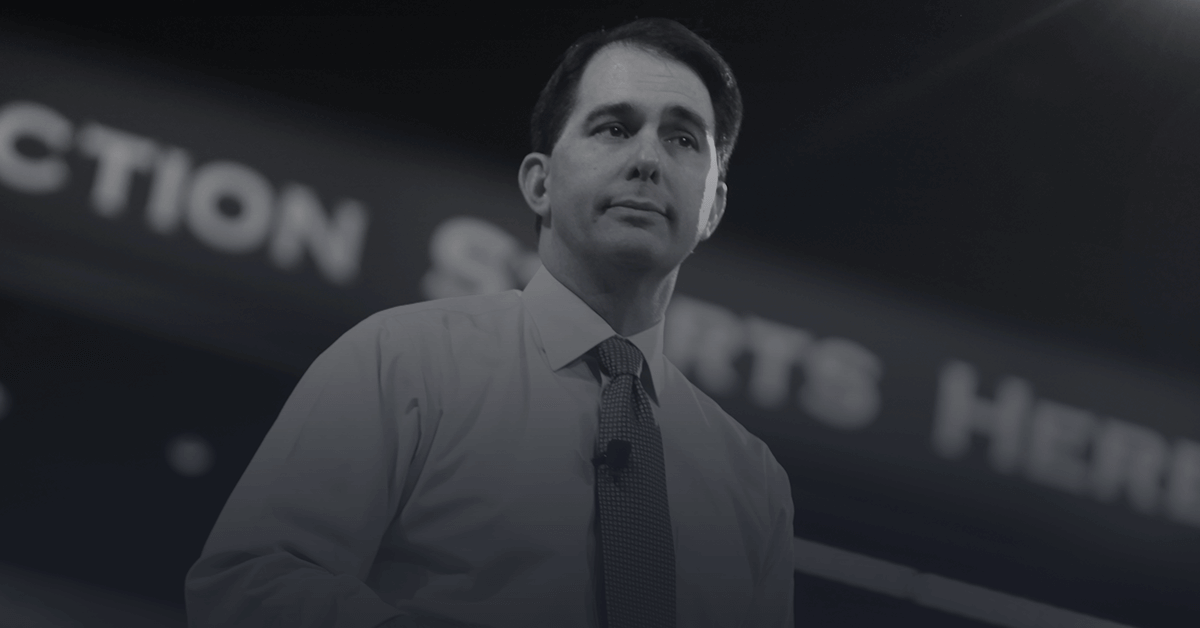State of American Health Care Threatened by Trump & GOP’s War on Health Care

To: Interested Parties From: Leslie Dach, Campaign Chair, Protect Our Care Date: January 29, 2018…
ashoupJanuary 29, 2018

